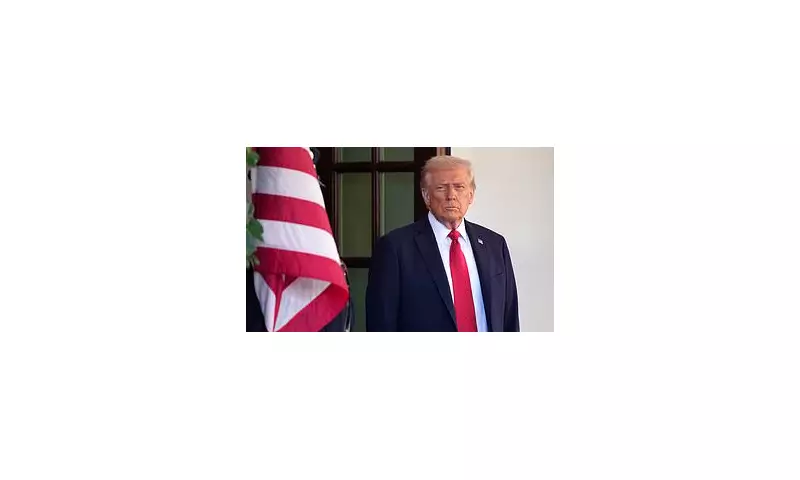
In a dramatic escalation of rhetoric that has sent shockwaves through international diplomatic circles, former US President Donald Trump has threatened direct military intervention in Nigeria to protect the nation's Christian population from extremist violence.
The Social Media Declaration That Shook Diplomacy
Taking to his Truth Social platform, the Republican presidential candidate issued a stark warning that has potentially far-reaching consequences for US-Africa relations. "If I am elected President," Trump declared, "the persecution of Christians in Nigeria will be met with a decisive and powerful response from the United States military."
The unprecedented statement represents one of the most specific foreign policy threats made by the former president during his current campaign, marking a significant departure from conventional diplomatic approaches to religious violence in West Africa.
A Nation Gripped by Religious Conflict
Nigeria, Africa's most populous nation with over 220 million people, has been plagued by escalating religious violence for years. The situation has drawn increasing concern from international human rights organizations and religious freedom advocates worldwide.
The crisis manifests in multiple forms:
- Boko Haram's continued insurgency in northeastern regions
- Frequent attacks by armed bandits and militant groups
- Escalating farmer-herder conflicts with religious dimensions
- Targeted killings and kidnappings of Christian clergy and worshippers
International Response and Diplomatic Implications
Trump's threat comes at a particularly sensitive time for Nigeria-US relations. The current Biden administration has maintained a policy of cooperation and support for the Nigerian government's efforts to combat extremism, rather than threatening unilateral military action.
Security analysts have expressed deep concern about the potential ramifications of such a declaration, noting that it could:
- Undermine Nigeria's sovereignty and complicate existing counter-terrorism cooperation
- Escalate regional tensions in an already volatile part of West Africa
- Create unpredictable consequences for US diplomatic relationships across the continent
- Potentially embolden extremist groups seeking to exploit religious divisions
The Human Cost Behind the Political Statement
Behind the political rhetoric lies a devastating human tragedy. International Christian Concern and other monitoring groups have documented hundreds of attacks on Christian communities in Nigeria in recent years, with thousands killed and many more displaced from their homes.
Religious freedom advocates have welcomed the increased attention to the crisis, though many express caution about the proposed military solution. "While the world must not ignore the suffering of Nigerian Christians," noted one human rights expert, "the solution requires nuanced diplomacy and support for local institutions, not threats of foreign military intervention."
As the 2024 presidential campaign intensifies, Trump's Nigeria declaration signals a potentially dramatic shift in US foreign policy toward Africa, raising critical questions about how Western nations should respond to religious persecution in strategically important regions.





